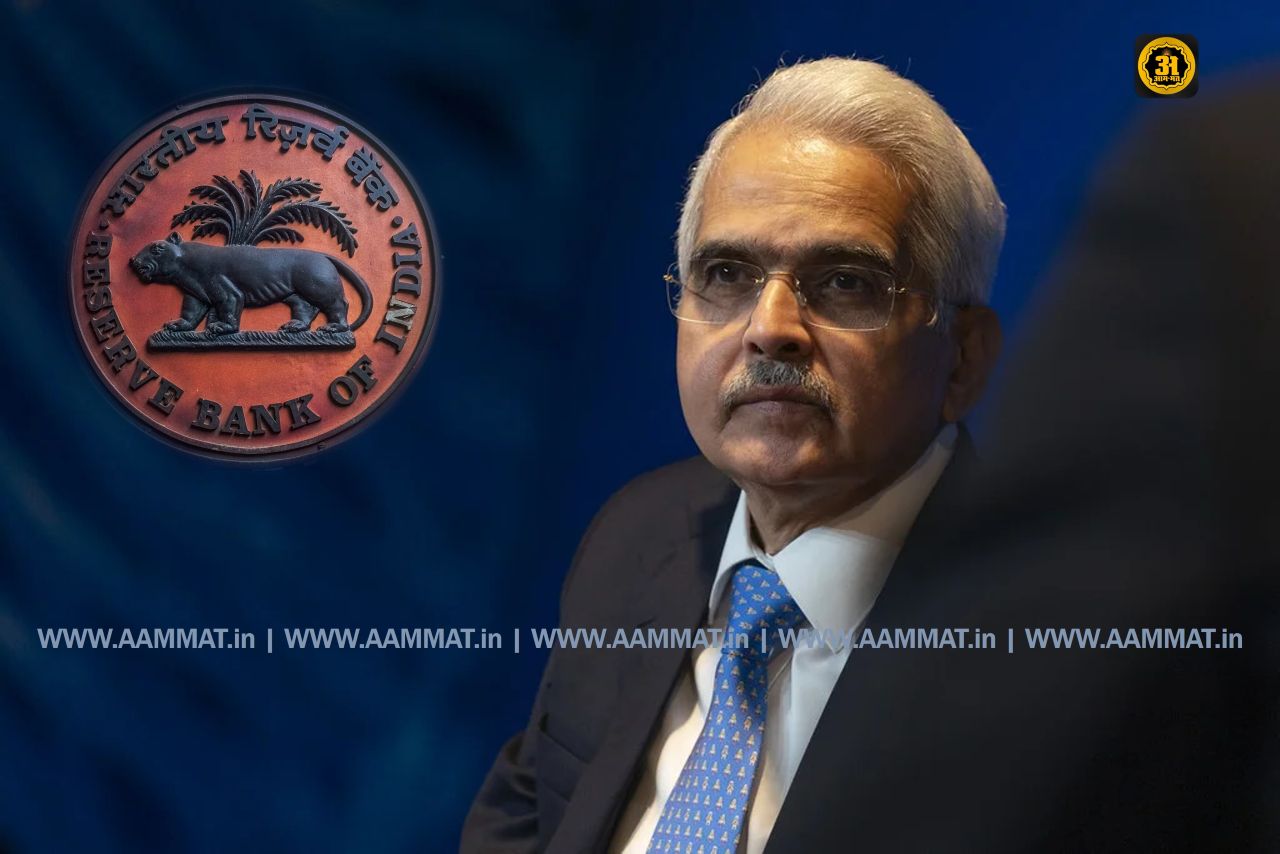You’re reading Entrepreneur United Kingdom, an international franchise of Entrepreneur Media.
Cardstream has earned accolades like Fintech Business of the Year at the Go Awards 2022 and Best Use of Technology at the Somerset Business Awards 2023.
In this exclusive interview with Entrepreneur UK, Sharpe shares his strategies for market entry, building a resilient team culture, and the driving forces behind his entrepreneurial journey.
What inspired you to launch Cardstream and grow it?
I was buying and selling mini motorbikes that friends and I were importing from China when I was studying at university, and this sparked the entrepreneurial spirit in me. When I saw a gap in the market in the fintech space, I had to go for it.
I’m also a racing driver and I had competed with the crème de la crème at 24 Hours of Le Mans, an endurance-focused sports car race held annually near the town of Le Mans in France, taking a podium, so I reckoned it would be a fitting challenge to compete in the Fintech race too.
What was your biggest challenge and how did you overcome it?
Having no funding when I started the business was a challenge. To overcome this, I created a business-to-business-to-consumer (B2B2C) route to market by incentivising influential companies in the fintech sector to use the Cardstream gateway as a white label service. I found a way of creating a solution that the market wanted to buy and grew the business that way.
Funding can, of course, accelerate a business idea and sometimes you require it to seize on a time sensitive market opportunity. But growing organically has taught me to always be aware of what my customer and the market want and to find a solution. You must be a problem solver as an entrepreneur.
Related: The City of Spires (and Startups)
How do you handle failure or setbacks?
If you want to be a successful entrepreneur, you must be able to handle failure. Whilst it’s not always easy to take at the time, making mistakes and failing isn’t always bad if you learn from what has happened.
I also see failure as an opportunity and each time I solve the problem, I reuse the solution elsewhere. At Cardstream, we have also built a culture where we all embrace solving problems for our customers and this has built resilience in the team. If we get a setback, we learn and adapt.
What advice would you give to entrepreneurs running a family business?
My first piece of advice is to get family members involved in their retirement because nobody watches your back as diligently as they will. This is one of the strengths of a family business, because you can lean into a well of advice that runs deeper even than friendship or contractual obligations.
Another piece of advice is to respect solid outside advice or support. A good idea is a good idea and can often be adopted or adapted. At Cardstream, we have done a good job of being an entrepreneurial, open and ambitious family business.
How do you stay motivated during tough times?
If you’re not prepared for tough times, you shouldn’t be an entrepreneur. My way of keeping motivated is to race cars. I find it important to have a hinterland that is still competitive but in a different way.
I also travel a great deal, meeting business friends and colleagues, which I enjoy enormously. For me, good times and tough times are opportunities to strengthen relationships, through celebration and comradeship alike.
And since a good 50% of my time is away from the office, my team has a lot of headroom to be creative in our development work. I find it important to leave my team to get on with meeting challenges and coming up with inventive solutions.
Please share your tips for achieving success.
I would say you need to take calculated risks because if you don’t roll the dice, you will never achieve success. But measure your risks because otherwise you can end up just being reckless.
You also need to embrace problems. You need to expect them, and you need to be able to meet them head-on and then celebrate the solution you create. And then not just breathe a sigh of relief and forget how you handled that problem but see how you can implement the things you learned in other areas of the business.
And avoid depending on things. When I finished university, I told my dad that I wanted to run my own business and his advice was never to get a salaried job. I never did. Now, he’s broken his own rule, and his 50-year run as a one-man single trader works for me. Circle completed!
Another dependency to avoid are projections or forecasts – prospects are never real until they yield actual cash.
Finally, there are no shortcuts to success. You would be wise to ignore the “get rich working two days a week” false prophets. To achieve success, you need to work hard and always be open to learning and improving. And have a lot of fun doing it.
















